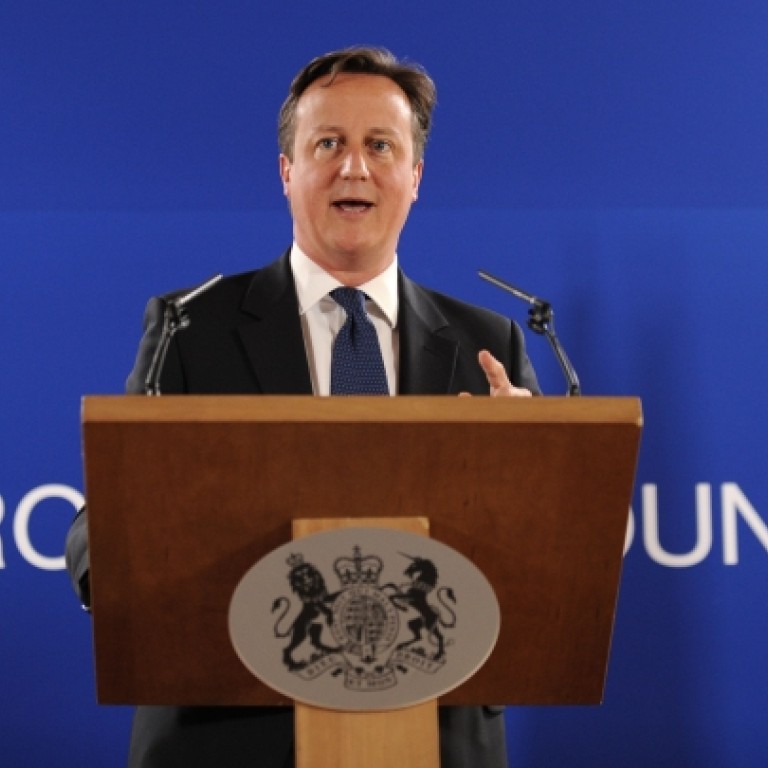
EU leaders pledge €8b on jobs for youth
New budget deal for euro zone also wins backing at summit but doubts remain
European leaders agreed yesterday to deploy €8 billion (HK$80.8 billion) to help create jobs for young people at a summit that also backed a tentative deal on the European Union's next trillion-euro budget, despite simmering doubts.
The threat of a "lost generation" of young Europeans added urgency to the talks in Brussels, even though the pressure from the financial markets seen at the height of the euro-zone debt crisis has eased in recent months.
"We have to give people jobs and we should not make false promises," German Chancellor Dr Angela Merkel said after the talks in Brussels.
But Merkel, who faces elections in September in a country largely weary of funding struggling southern European states, warned that budget discipline remained key. "The main thing here is about improving our competitiveness," she said. "It's not about creating more and more pots of money."
Leaders agreed that funds from the Youth Employment Initiative could be deployed from January next year to promote work placement programmes and help jobseekers find work in others parts of the EU.
But critics said the measures were nowhere near enough to tackle the soaring job crisis, with European Parliament chief Martin Schulz calling them "a drop in the ocean".
One in four young people in Europe is currently out of work, and that proportion is far higher in crisis-hit southern euro-zone countries such as Greece, Spain, Portugal and Italy, where officials warn of a "social emergency".
Britain's Prime Minister David Cameron stepped into the summit pledging to do battle to protect the £3.1 billion (HK$36.8 billion) annual rebate the country won in 1984 by Margaret Thatcher.
Diplomats said Cameron's objection had delayed the opening of the talks and Schulz worried that the British premier's stand could derail a compromise reached on Thursday.
"I think Prime Minister Cameron is never happy when we discuss the European budget," Schulz said.
The fallout from the economic crisis has stoked popular discontent that is feeding support for extremist political parties and fuelling animosity towards EU institutions.
But Eastern European states continue to bid to join the bloc of 500 million people. On Monday, Croatia will become its 28th EU member, the first new arrival to the club since Bulgaria and Romania in 2007.
